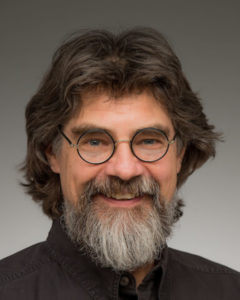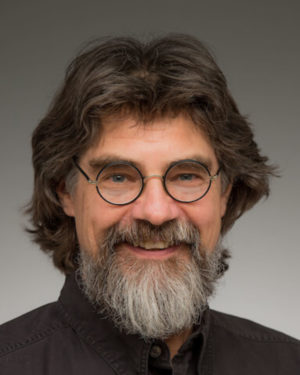Podcast: Play in new window | Download (Duration: 31:35 — 21.8MB) | Embed
Subscribe: Apple Podcasts | Spotify | Amazon Music | Android | Pandora | iHeartRadio | JioSaavn | Podchaser | Gaana | Podcast Index | Email | TuneIn | Deezer | Anghami | RSS | More

Episode 7 – The Definition of Liturgy – Pathway to Sacred Mysteries with Dr. David Fagerberg Ph.D.
Dr. David Fagerberg and Kris McGregor discuss the profound theological concepts underlying the definition of liturgy. Dr. Fagerberg begins by explaining the term “perichoresis,” which refers to the mutual indwelling and dynamic relationship within the Trinity. He ties this concept to the idea of “kenosis,” the self-emptying nature of Christ in the Incarnation, and extends it to the act of creation. Dr. Fagerberg elaborates on how these divine interactions exemplify the overflowing love of God, which reaches out to humanity and invites participation in the divine life.
Dr. Fagerberg introduces “synergy,” the cooperation between God’s grace and human response and likening this to a divine dance where God leads, and humans follow, aiming towards deification or becoming one with God. He emphasizes that liturgy is the communal participation in this divine life, where human beings are called to cooperate with God’s will. This cooperation transforms them and draws them into deeper communion with God. Liturgy is not just a ritual but a transformative encounter that involves the entire person in a mystical union with the Trinity.
The universal call to holiness is the idea that every baptized person has a vocation, not just those in ordained ministry. This vocation involves offering one’s life as a spiritual sacrifice and participating in the priesthood of all believers.
Here are some of the topics explored in this episode:
- Liturgy is the perichoresis of the Trinity kenotically extended to invite our synergistic ascent into deification.
From the discussion with Dr. Fagerberg:
“So conversion metanoia means to take on a new mind, to receive a new mind. Well, what could you do with a new mind? I might see things differently. I might change my values. They might be turned upside down from selfish values to kingdom values. Conversion is one step, but it’s a lifelong step. The entire life is a extended baptismal conversion. So one baptism doesn’t end something. It starts something the same way that a wedding starts a marriage. It’s it’s not the end of the marriage. It’s the beginning of the marriage. And baptism is the start of what, what do you want to call? The thing that baptism is the start of, Christianity, spirituality, your liturgical life, your spiritual warfare, your joys in the kingdom. It’s the beginning.”
Discerning Hearts Reflection Questions
- Understanding Perichoresis: How does the concept of perichoresis deepen your understanding of the Trinity and its relationship within itself?
- Embracing Kenosis: In what ways can you practice kenosis, or self-emptying, in your own life to better follow Christ’s example?
- Participating in Synergy: How can you better cooperate with God’s grace in your daily activities, seeing it as a divine dance where God leads?
- Liturgy as Transformation: How does viewing liturgy as a transformative encounter rather than just a ritual change your approach to worship?
- Universal Call to Holiness: Reflect on your vocation as a baptized Christian. How can you live out your call to holiness in your current state of life?
- Offering Spiritual Sacrifice: What aspects of your daily life can be offered as a spiritual sacrifice to God?
- Priesthood of All Believers: How do you understand your role in the priesthood of all believers, and how can you actively participate in this communal priesthood?
- Continuous Conversion: In what ways can you embrace a continual process of conversion to deepen your union with God through the liturgy and sacraments?
For more podcast episodes of this series visit the Pathways to Sacred Mysteries w/Dr. David Fagerberg page
David W. Fagerberg is Professor in the Department of Theology at the University of Notre Dame. He holds masters degrees from Luther Northwestern Seminary, St. John’s University (Collegeville), Yale Divinity School, and Yale University. His Ph.D. is from Yale University in liturgical theology.
Fagerberg’s work has explored how the Church’s lex credendi (law of belief) is founded upon the Church’s lex orandi (law of prayer). This was expressed in Theologia Prima (Hillenbrand Books, 2003). He has integrated into this the Eastern Orthodox understanding of asceticism by considering its role in preparing the liturgical person. This was treated in On Liturgical Asceticism (Catholic University Press, 2013). And these two themes come together in Consecrating the World: On Mundane Liturgical Theology (Angelico Press, 2016).
He also has an avocation in G. K. Chesterton, having published Chesterton is Everywhere (Emmaus Press, 2013) and The Size of Chesterton’s Catholicism (University of Notre Dame, 1998).






